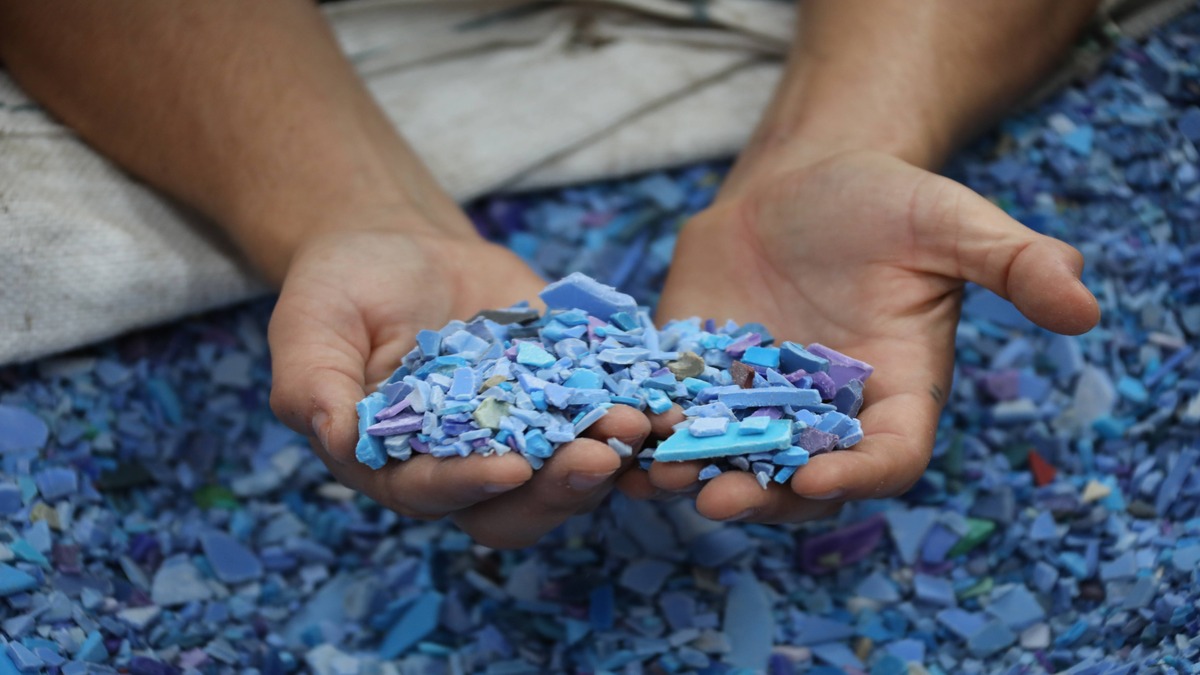
Plastics are deeply embedded in the global economy and are integral to various industries due to their low cost, durability, and versatility. However, their widespread use and the challenges associated with their disposal, especially in single-use products, has led to severe environmental and health concerns. These issues are particularly pronounced in regions like Latin America and the Caribbean, where plastic pollution threatens not only marine ecosystems but also poses serious risks to public health and undermines economic stability due to the regions' economic reliance on natural resources and limited waste management infrastructure.
The region's growing reliance on plastics as a means of accessing global supply chains and adding value domestically mirrors global trends, with global plastic trade doubling to $1.2 trillion between 2006 and 2021. Without sound policies, global plastic use is projected to triple by 2060, exacerbating these challenges.
Latin America and the Caribbean now have a crucial opportunity to leverage the ongoing Intergovernmental Negotiating Committee (INC) process for a global plastics treaty, advocating for region-specific solutions that protect, conserve and improve the environment and address the scourge of plastic pollution. These solutions should focus on reducing plastic waste, promoting recycling, and adopting sustainable non-plastic substitutes that align with the region's socio-economic and environmental needs. Crucially, a shift towards a regional circular economy is essential, requiring investment and readiness in adaptation of inclusive green technologies and innovative product design (including end-of life) solutions and infrastructure to manage plastic waste effectively.
The INC's emphasis on a life-cycle approach to plastic management provides an opportunity for Latin America and the Caribbean to lead in setting global standards that minimize environmental and health impacts while advancing socio-economic development. In this context, SELA in cooperation with UNCTAD aims to explore circular economy strategies, including prioritizing sustainable materials, improving waste management, and promoting innovative recycling technologies. These efforts aim to empower the region to significantly reduce its plastic footprint, protect its natural resources, and ensure a healthier, more sustainable and resilient future for its communities.
Objectives
1. To explore contributions from the Latin American region to the global plastic pollution treaty in the lead-up to the fifth session of the Intergovernmental Negotiating Committee (INC-5).
2. To explore the relevance of the inclusion of the circular economy in the negotiation process as a contribution to sustainable development and the economic recovery in the region.
3. To learn about how contributions from science and technology can stimulate best practices and improvements in circular economy design processes.
More detailed information on the event may be found on SELA's website.
Programme
11:00 Opening by the Permanent Secretary of SELA, Ambassador Clarems Endara
11:15 Mr. Henrique Pacini, Economic Affairs Officer, UN Trade and Development (UNCTAD)
11:30 Ms. Paula Pariz, Programmatic Coordinator Fundación Avina
11:45 Ms. Marina Fernández, IBYME-CONICET- Coalición de Científicos para el Tratado de Plásticos
12:00 Mr. Santiago López Jaramillo, Director for Latin America and the Caribbean International Council of Beverage Associations ICBA, Business Coalition for a Plastics Treaty
12:15 IAWP (International Alliance of Waste Pickers)
12:30 – 12:45 Concluding remarks


